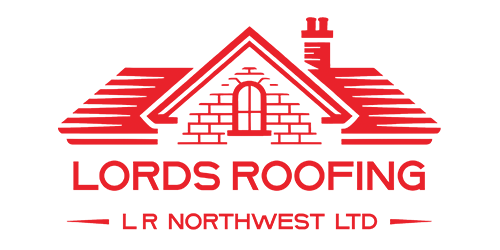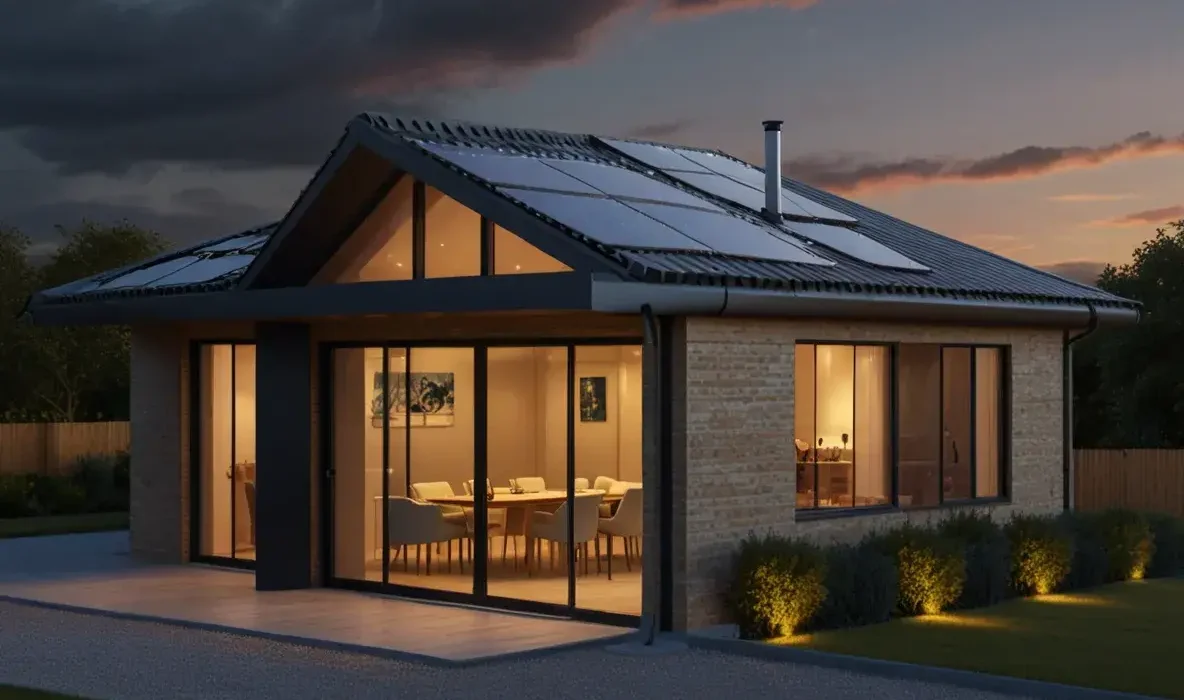The Future of Roofing in Manchester: Trends and Innovations
Manchester’s ever-evolving skyline reflects its status as a dynamic hub for business, culture, and innovation. In this context, roofing practices are also undergoing significant changes to meet the demands of modern living, environmental challenges, and technological advancements. From solar roof tiles to smart roofing systems and sustainable materials, the future of roofing in Manchester is set to transform the industry. This article explores these emerging trends and their implications for local roofing practices.
1. Solar Roof Tiles: Harnessing Renewable Energy
With the UK government’s push towards achieving net-zero carbon emissions by 2050, renewable energy solutions are becoming increasingly important. Solar roof tiles, also known as photovoltaic (PV) tiles, are a game-changer in this arena. Unlike traditional solar panels, these tiles integrate seamlessly into a roof’s design, offering aesthetic appeal alongside functionality.
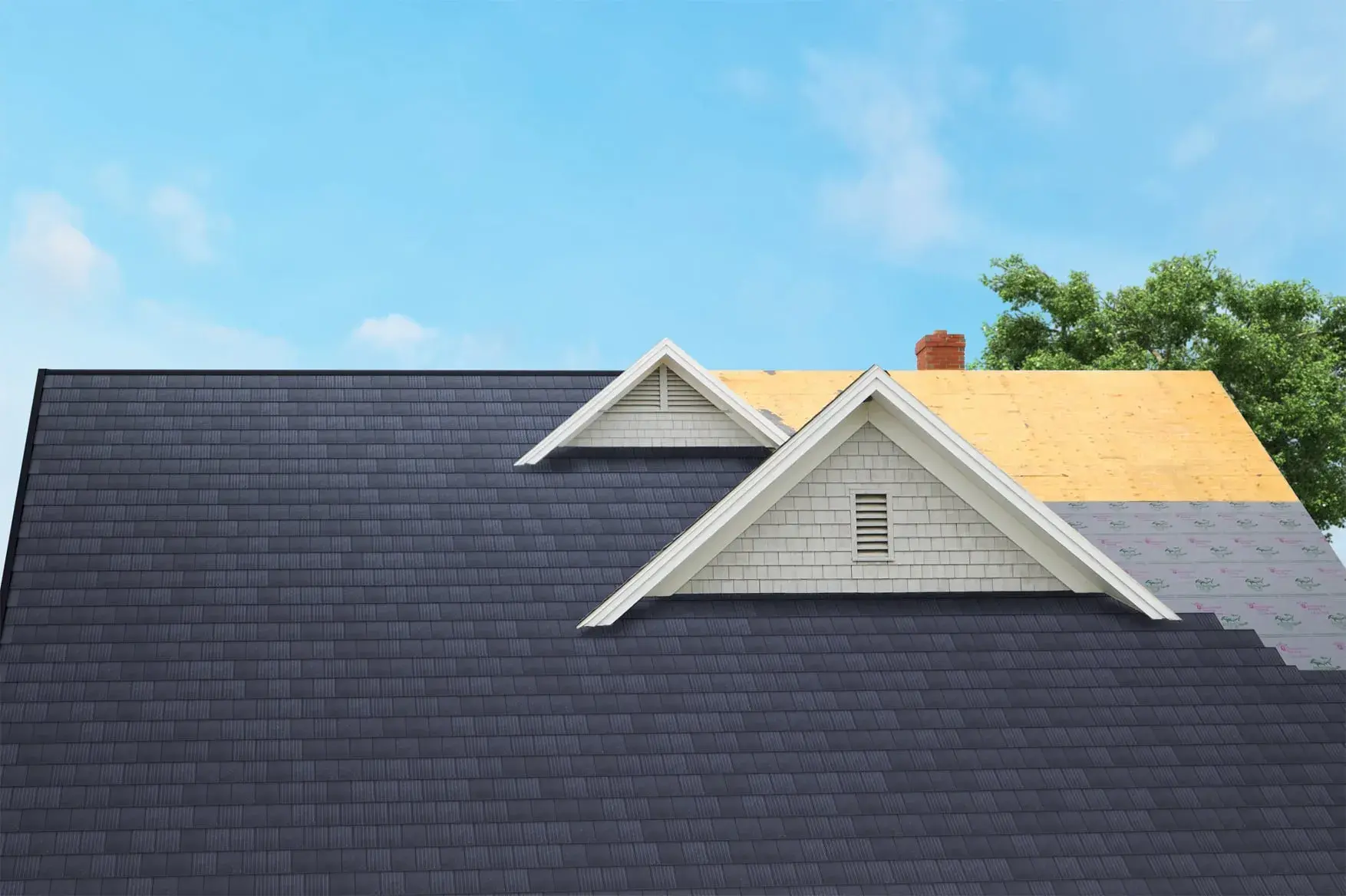
In Manchester, where renewable energy adoption is growing, solar roof tiles are gaining traction among homeowners and businesses. Their ability to reduce electricity bills while contributing to sustainability makes them an attractive option. Local roofing companies must adapt by training their teams to install and maintain these innovative systems, ensuring they meet both energy efficiency and safety standards.
2. Smart Roofs: The Intersection of Technology and Functionality
Smart roofing systems represent another revolutionary trend in the industry. These roofs incorporate advanced technologies such as sensors, automation, and IoT (Internet of Things) devices to monitor and optimise performance. For example, smart roofs can detect leaks, measure energy efficiency, and even adjust insulation levels based on weather conditions.
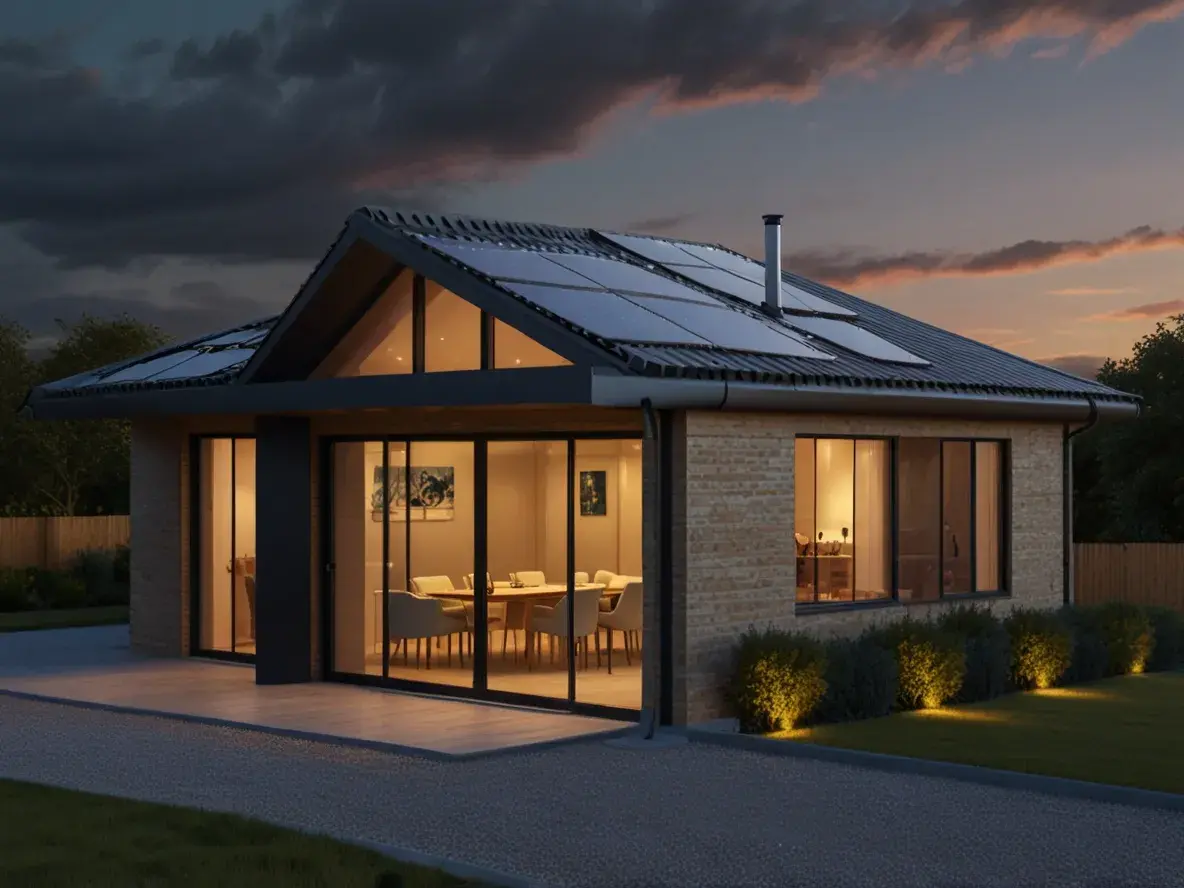
In a city like Manchester, where rainfall is a regular occurrence, smart roofs can provide significant benefits. Sensors can alert homeowners to potential water ingress issues before they become major problems, saving money on repairs and reducing stress. Additionally, smart roofs can integrate with home automation systems, offering features like automated temperature control and energy management. Roofing specialists in Manchester should consider offering these systems to stay ahead in a competitive market.
3. Sustainable Roofing Materials: Building a Greener Future
Sustainability is at the forefront of modern construction practices, and roofing is no exception. Eco-friendly materials such as recycled metal, reclaimed slate, and green roofs are becoming popular choices. These materials not only reduce environmental impact but also improve energy efficiency by providing better insulation.

Green roofs, which involve the installation of vegetation on a building’s rooftop, are particularly appealing in urban areas like Manchester. They help reduce urban heat island effects, improve air quality, and promote biodiversity. For commercial and residential buildings alike, green roofs offer both aesthetic and environmental benefits. As demand for sustainable solutions grows, roofing contractors in Manchester must diversify their offerings and source eco-friendly materials to meet customer expectations.
4. Innovations in Insulation and Waterproofing
Advancements in insulation and waterproofing technology are also shaping the future of roofing. High-performance insulation materials, such as vacuum-insulated panels (VIPs), offer superior thermal performance with minimal thickness. These materials are ideal for retrofitting older properties, which are common in Manchester, to improve energy efficiency.
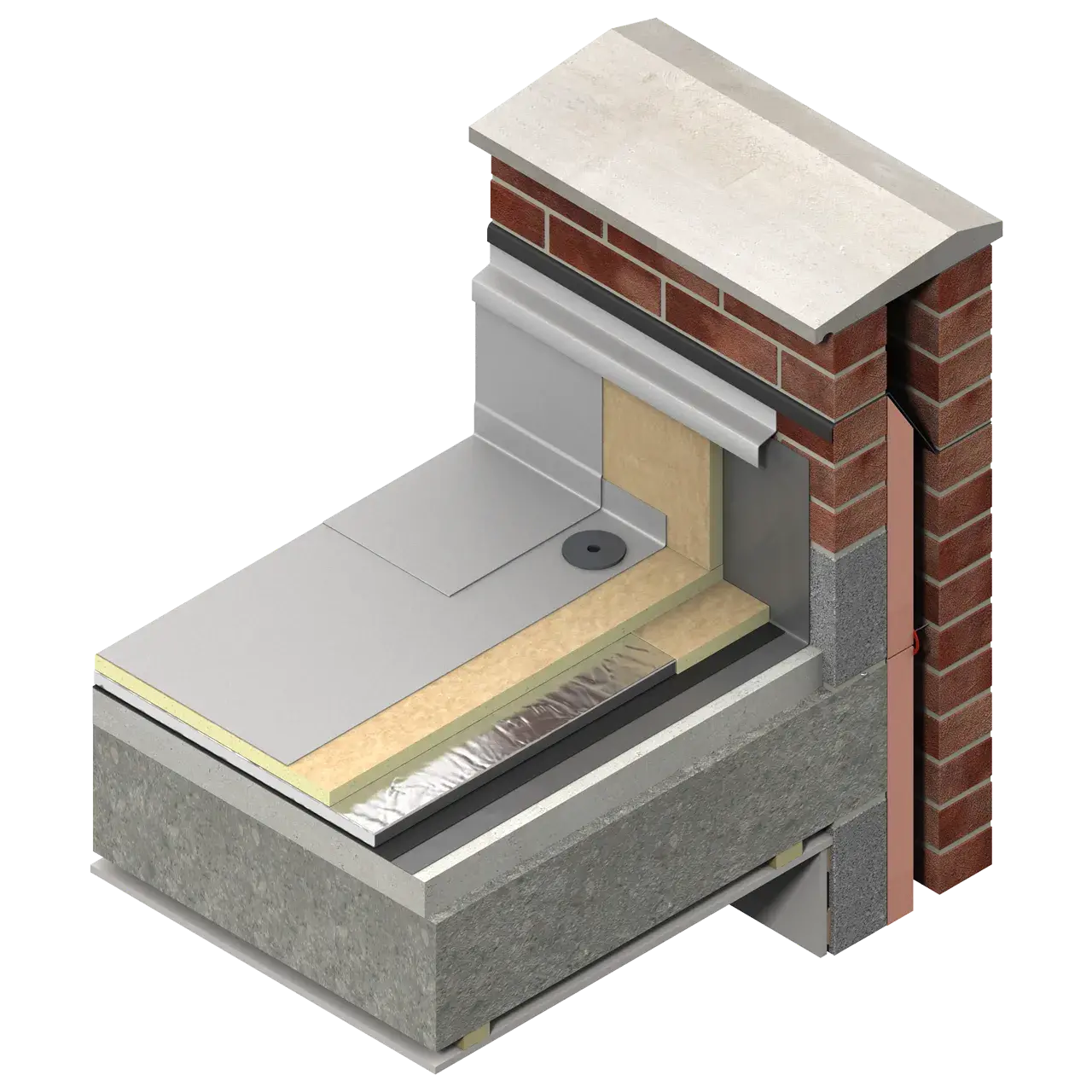
*Image by kingspan.com
“The roofing industry in Manchester is entering an exciting phase of innovation. From solar roof tiles that align with our sustainability goals to smart roofs that provide real-time monitoring and improved performance, these trends represent a significant leap forward. At Lords Roofing, we are committed to staying at the forefront of these changes by investing in training, adopting eco-friendly materials, and collaborating with technology providers. Our goal is to provide roofing solutions that not only meet the functional needs of our clients but also contribute to a greener, smarter Manchester.”
Fergus Park
On the waterproofing front, self-healing membranes and liquid-applied waterproofing systems are becoming more prevalent. These innovations provide enhanced durability and reduce the likelihood of leaks, making them ideal for Manchester’s wet climate. Roofing professionals must familiarise themselves with these cutting-edge products to deliver long-lasting solutions to their clients.
Implications for Local Roofing Practices
The adoption of these emerging trends requires significant adjustments in local roofing practices. Training and certification will be critical as roofing professionals need to develop new skills to install and maintain advanced systems like solar tiles and smart roofs. Additionally, collaboration with architects, builders, and technology providers will be essential to deliver integrated roofing solutions that meet modern requirements.
Furthermore, roofing companies in Manchester must embrace sustainability not only in their product offerings but also in their business operations. This includes sourcing materials responsibly, reducing waste, and adopting energy-efficient practices.
The Road Ahead
The future of roofing in Manchester is undoubtedly exciting, with innovations that promise to enhance functionality, aesthetics, and sustainability. By staying ahead of these trends, local roofing specialists can position themselves as leaders in the industry, catering to the evolving needs of their clients while contributing to a greener and smarter Manchester.
As these technologies continue to develop, the roofing landscape will not only adapt but thrive, offering solutions that are as forward-thinking as the city itself
